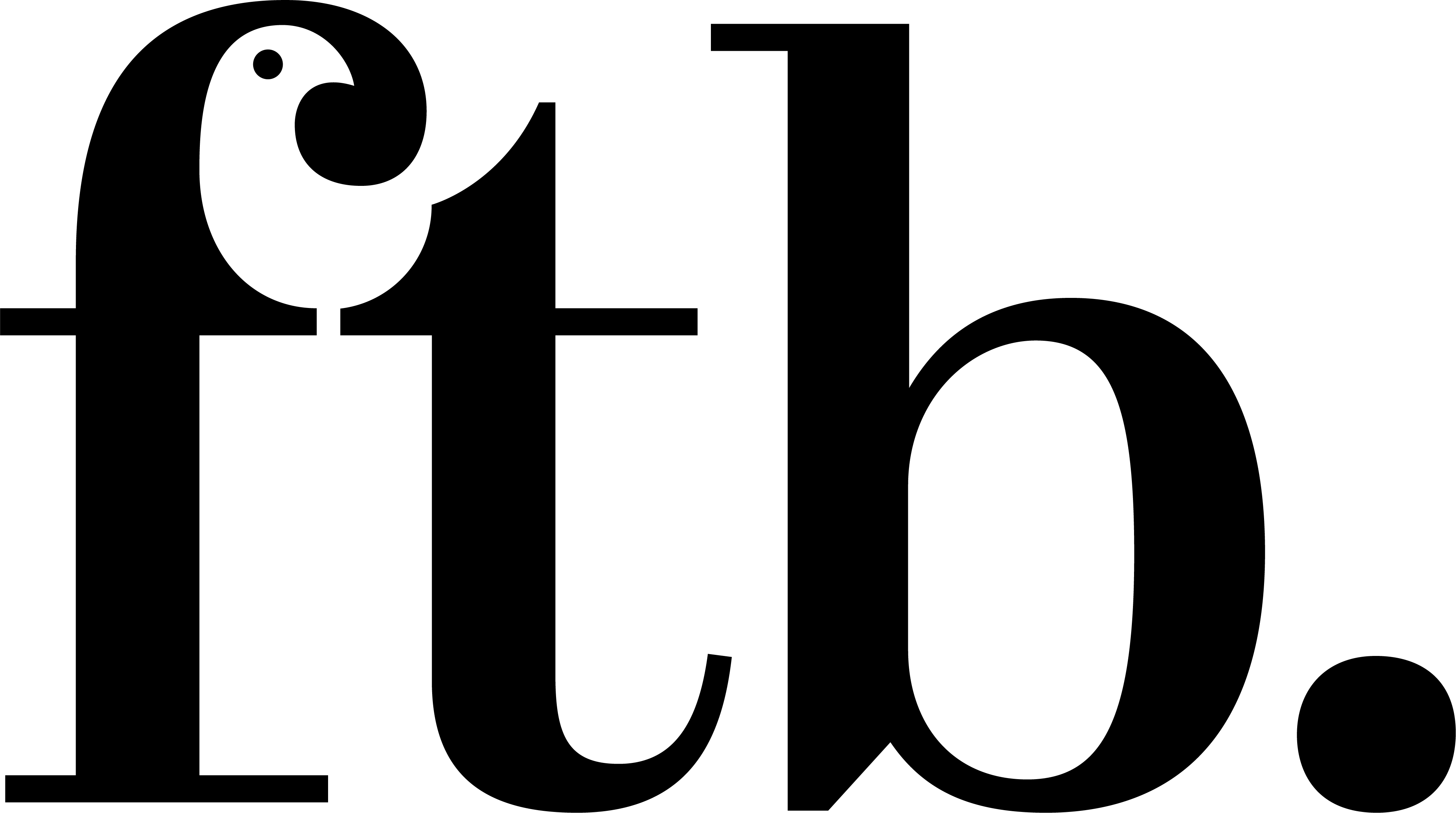Chemical recycling is also developing at pace. Although it doesn’t sound as friendly and clean as bio recycling, chemical recycling has the same benefits and outcome. Plastic polymers are broken down (depolymerisation) to monomers to be reprocessed back into polymers (repolymerisation). The advantage of chemical recycling is that a mixture of plastics can be processed without the need for sorting. In addition, multi-layered plastics can be recycled.
There are, of course, alternatives to plastic. Plant-based bioplastics are becoming more widespread. Polylactic acid (PLA) extracted from plants used to build bioplastic, commonly corn and sugarcane, can be fully biodegradable and in the correct conditions can break down in a matter of weeks. However, without the infrastructure bioplastics can take as long to break down as their plastic equivalents. Maybe this should be a concern…
As more alternative greener materials come online, are we certain we have the infrastructure in place to handle them in a sustainable way?
Or are we going to repeat past mistakes and litter the Earth with yet more rubbish?
One thing is for certain, we are not yet done with plastic. Production has grown from 2 million tonnes globally in 1950, to 459.75 million tonnes in 2019. It is projected to reach 765.65 million tonnes by 2040. Meanwhile recycling of plastic has increased from 3.7% to 10% over the last 20 years. Landfill (49%) and mismanagement (22%) figures remain very high but are falling slowly.
Packaging accounts for 40% of global plastic consumption. There are positive moves away from plastics in the packaging sector where legislation on single use, taxes and producer responsibility bills are being rolled out internationally. Consumer attitudes are changing too; we are gradually becoming aware of the damage plastic has inflicted on the environment. But these changes are moving at a very slow pace, legislation is complex and consumer habits difficult to break.
We think we’ll get there.
In the packaging sector there will be a time where plastic use is both reduced to a minimum and fully adopted into a circular economy. But can we live without plastic? Unless we discover a new wonder material without consequence the answer is no, plastic will continue to be a part of our lifestyle for many years to come.








